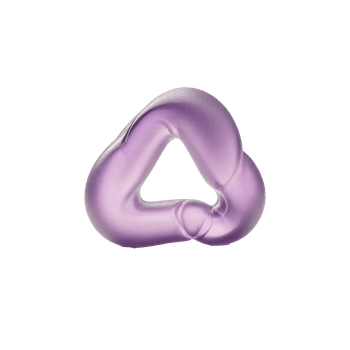What is Osteoporosis?
Osteoporosis is a condition where bones become weaker and more prone to breaking. It occurs because the body loses bone mass faster than it can replace it, leading to porous and fragile bones. The disease is especially common in older adults, particularly in women after menopause, but it can also affect men.
Symptoms of Osteoporosis
In the early stages of osteoporosis, symptoms are rarely present. Many are unaware of their condition until they suffer a bone fracture. As the disease progresses, symptoms can include decreased body height, back pain caused by a fractured or collapsed vertebra, and a stooped posture.
Treatment of Osteoporosis
The treatment of osteoporosis focuses on reducing the risk of bone fractures and may include medications that help build up or maintain bone mass. Lifestyle changes such as a diet rich in calcium and Vitamin D, regular weight-bearing exercise, and avoiding tobacco and excessive alcohol consumption are also important parts of the treatment.
Diagnosing Osteoporosis
Osteoporosis can be diagnosed through a bone density measurement. This non-invasive method measures bone density in the lumbar spine, hip, and sometimes in the forearm to identify osteoporosis or its precursors, known as osteopenia.
Preventing Osteoporosis
Preventing osteoporosis starts with a bone-strengthening lifestyle, including adequate intake of calcium and Vitamin D, regular exercise especially weight-bearing and balance training to improve strength and balance, avoiding smoking, and limiting alcohol intake. Early assessment of bone health can also be beneficial, especially for individuals with risk factors for osteoporosis, such as family history, previous bone fractures, or long-term use of certain medications that can affect bone health.























